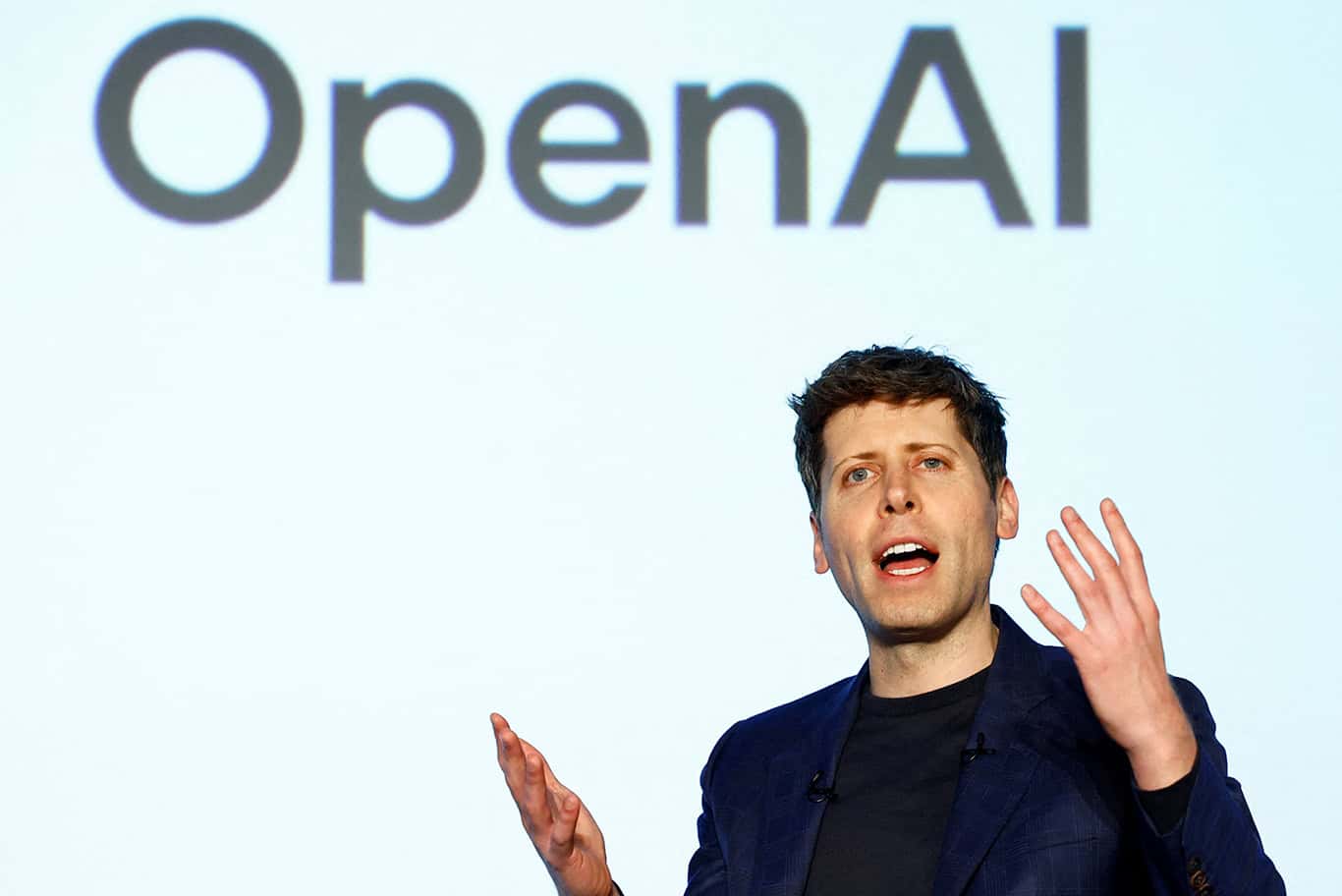OpenAI and Musk Reach Agreement for Accelerated Trial on For-Profit Transition

OpenAI and Elon Musk: A Legal Battle Unfolds
Overview of the Dispute
OpenAI, the renowned artificial intelligence organization, is currently engaged in a legal struggle with its co-founder Elon Musk. The tension between Musk and Sam Altman, the CEO of OpenAI, has escalated to a court case that has captured public attention. A federal court filing revealed that both parties are keen to expedite the trial concerning their ongoing disputes about OpenAI’s shift to a for-profit model.
The Shift to For-Profit
Musk and OpenAI initially partnered to create an organization dedicated to advancing artificial intelligence for the benefit of humanity. However, tensions arose when OpenAI decided to transition into a for-profit entity. This change was proposed as essential for securing further investments, which are vital in the highly competitive AI sector. Following this decision, Musk filed a lawsuit against OpenAI, claiming that the organization was deviating from its founding principles.
Key Aspects of the For-Profit Transition
Funding Initiatives: The shift was designed to enable OpenAI to raise substantial capital, facilitating its involvement in the AI arms race. Past fundraising efforts include a significant round of $6.6 billion, with future discussions targeting investments of up to $40 billion with SoftBank Group.
- Nonprofit Control: OpenAI’s restructuring aims to remove the control of the nonprofit entity that originally governed it, allowing for more flexible financial operations.
Recent Developments in the Legal Dispute
The judge presiding over the case recently denied Musk’s request to halt OpenAI’s transition, allowing the organization to proceed with its plans. The upcoming trial, set for the autumn, will determine the fate of the disputes between Musk and OpenAI, including whether a jury or just a judge will resolve the case.
Musk’s Claims
Musk’s legal arguments contend that OpenAI has strayed from its mission to prioritize the advancement of AI for humanity’s benefit above profit motives. He criticizes the company for prioritizing corporate gain, a point he emphasizes by highlighting the ethical implications of such a transition in AI development.
OpenAI’s Response
OpenAI has publicly rejected Musk’s allegations, stating that the changes were necessary for the organization’s growth and survival in an increasingly demanding industry. In a recent blog post, OpenAI welcomed the court’s decision to expedite the case, suggesting that Musk’s attempts to impede their progress are motivated by personal interests.
The Competing AI Landscape
Following his departure from OpenAI, Musk founded a new AI venture called xAI in 2023. This competing startup has positioned itself in direct competition with its former creation, raising questions about Musk’s intentions and motivations regarding the legal battle.
Critical Implications
The legal proceedings not only impact OpenAI’s operational strategy but also shine a light on broader ethical discussions in the AI field. With the industry’s rapid evolution, the battle between profit and ethical commitment is at the forefront of concerns among experts and stakeholders.
Future Outlook
As the trial approaches, the interactions between Musk and Altman are closely scrutinized. Altman’s declaration of OpenAI not being for sale underscores the intensity of this corporate rivalry. Musk’s earlier $97.4 billion acquisition bid was firmly rejected, marking a significant moment in this unfolding drama.
In summary, the legal conflict between OpenAI and Elon Musk is not just a matter of business; it represents a pivotal moment in the discourse surrounding the ethics and direction of artificial intelligence globally. With both sides preparing for an expedited trial, the outcome could have far-reaching effects on the AI landscape and the foundational principles that guided its initial creation.






